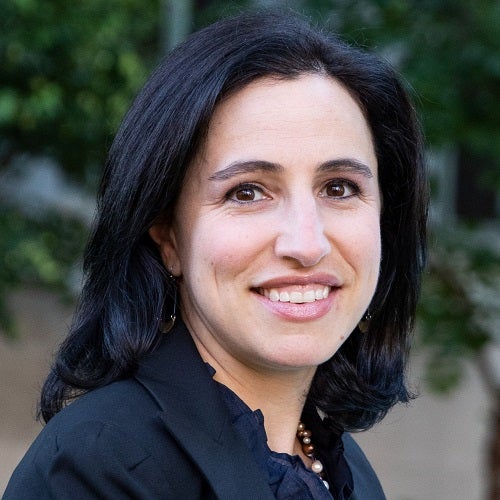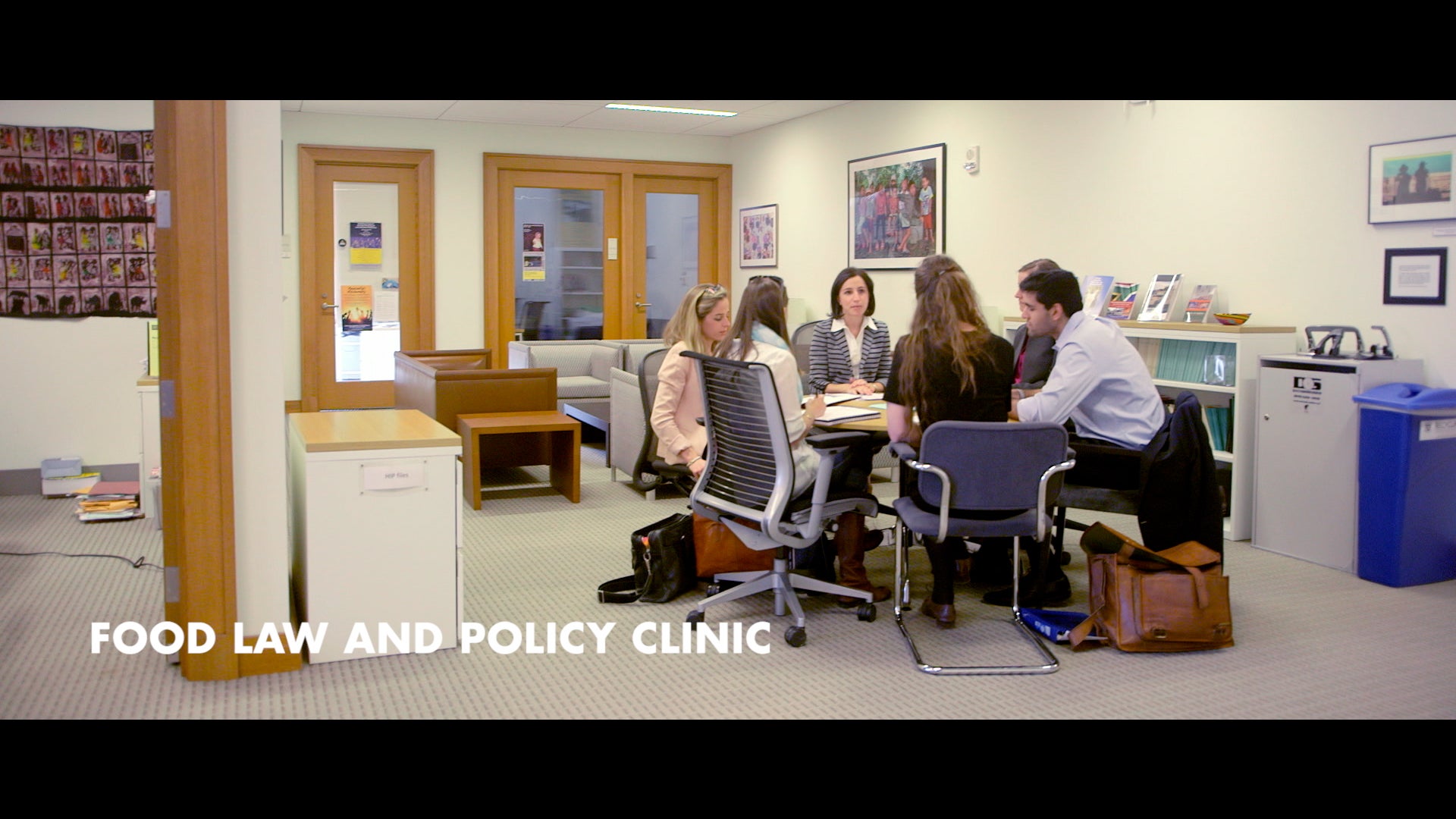Every year, 40% of the food produced in the United States goes uneaten, leading to 160 billion pounds of wasted food.
The Harvard Food Law and Policy Clinic (FLPC), in partnership with Racing Horse Productions, has released a short film, “EXPIRED? Food Waste in America,” that explores how the variety of date labels on food products contributes to food waste in America.
The film profiles the effects of a Montana state law that requires all milk to be labeled with a sell-by date no later than twelve days after pasteurization. After the sell-by date passes, the milk may not be sold or donated. As a result of the law, thousands of gallons of milk have been thrown away and milk prices in the state have risen.
As the film shows, however, milk remains safe to drink beyond twelve days. In most states milk is dated up to 21 or even 28 days after pasteurization, but as long as the milk has been pasteurized, even spoiled milk is unlikely to make people sick.
The film highlights the Montana law as an extreme example of a national problem.
FLPC Director Emily Broad Leib ’08 said that while Montana’s date labeling law is the “most restrictive,” it’s far from the only such state law. Forty-one states require date labels on at least certain food products, and 20 states then restrict or ban the sale or donation of foods after that date. “It’s a challenge that requires creative problem solving to address,” she said.
In 2013, Harvard Law School’s Food Law and Policy Clinic released a groundbreaking report, “The Dating Game: How Confusing Date Labels Lead to Food Waste in America.” The report points to a need for the creation of a federal law to standardize the date labels allowed on food products in order to reduce consumer confusion, simplify regulatory compliance, and cut food waste across the supply chain and in consumers’ homes.
The clinic partnered with Lecturer on Law Rebecca Richman Cohen ’07, an Emmy-nominated documentary filmmaker and c0-founder of Racing Horse Productions, to present the information in “The Dating Game” report in a new and more accessible format. Students worked with clinical faculty and a team of professional filmmakers to plan, produce, edit, and distribute the video.
“We believe “Expired” will be a powerful catalyst for change by offering a visual and visceral understanding of the problem, raising awareness about ways to combat it, and engaging key stakeholders in the issue,” said Richman Cohen.

Students worked with clinical faculty and a team of professional filmmakers to plan, produce, edit, and distribute the video. FLPC students involved in the project included: Melissa Alpert 17, Emily Cole Groden 15, Emily Deddens ’15, Lee Miller, Kelly Nuckolls, Katherine Sandson, Rohan Taneja ’16, and Steven Xie 17.
Broad Leib said: “FLPC students worked on this film as the media advocacy component of a greater project conducting legal and policy research, educating consumers and policymakers, and pushing for policy change to reduce the waste of healthy, wholesome foods in the United States. By working with Racing Horse Productions, together we were able to empower students to tell this compelling story in a strategic and sophisticated way, in order to effectively sway public opinion and effect policy change.”
Last spring, Deddens traveled to Montana with the documentary film crew to interview consumers, grocery store owners and employees, milk distributors, and a Montana legislator who sponsored a bill that would have eliminated the 12-day rule. She wrote about the experience on the FLPC blog.
With the release of this film, FLPC aims to raise awareness about the consequences of confusing and non-science-based date labeling, and about the impact that a uniform labeling standard could have on reducing food waste. For more information and to view the film, visit www.notreallyexpired.com. And follow on social media with #notreallyexpired.
The Harvard Food Law and Policy Clinic is an experiential teaching program of Harvard Law School that links law students with opportunities to serve clients and communities grappling with various food law and policy issues. The Clinic strives to increase access to healthy foods, assist small-scale and sustainable farmers in breaking into new commercial markets, and reduce waste of healthy, wholesome food.
***
